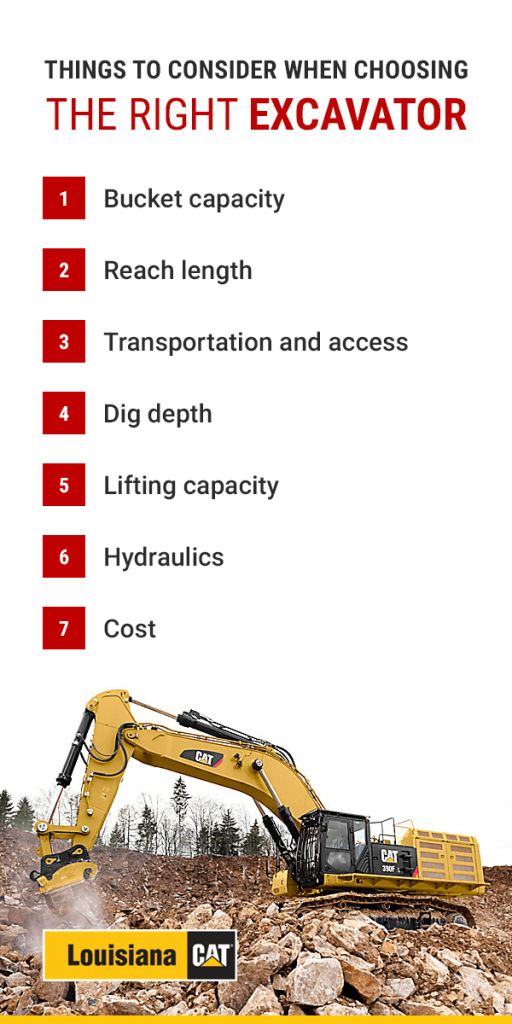Why Technical Specifications are Crucial for Heavy Equipment Success
Technical Specifications – Engine specs, fluid capacities, weight, dimensions
Heavy Machinery Equipment Service Manual

In the demanding world of construction, mining, and agriculture, heavy equipment is the backbone of operations. But owning or operating this machinery isn’t just about the brand or model; it’s about understanding its intricate details. The technical specifications – encompassing engine specs, fluid capacities, weight, and dimensions – are not just numbers, they are the vital blueprint for safety, efficiency, and profitability.
Engine specifications are at the heart of performance. Horsepower and torque directly dictate an equipment’s power, speed, and ability to handle heavy loads and challenging terrain. Knowing these metrics helps you select the right machine for the job, ensuring it can perform effectively without excessive strain, leading to better fuel efficiency and extended lifespan.
Technical Specifications – Engine specs, fluid capacities, weight, dimensions
Fluid capacities are equally critical for maintenance and longevity. Understanding the required volumes for engine oil, hydraulic fluid, coolant, and other vital liquids ensures proper lubrication, cooling, and power transfer within the machine. Adhering to these specifications prevents costly breakdowns, minimizes wear and tear, and optimizes overall operational efficiency, directly impacting your bottom line.
Finally, weight and dimensions are paramount for logistics and site suitability. Oversized or overweight equipment can incur significant transportation costs, require special permits, and necessitate careful route planning to navigate bridges and roads. On the job site, dimensions determine maneuverability in confined spaces and compatibility with existing infrastructure. Incorrectly assessing these factors can lead to delays, safety hazards, and unexpected expenses.
For buyers, sellers, and operators alike, a deep dive into these technical specifications is non-negotiable. It empowers informed decisions, maximizes equipment uptime, and ultimately drives success in the heavy equipment industry.